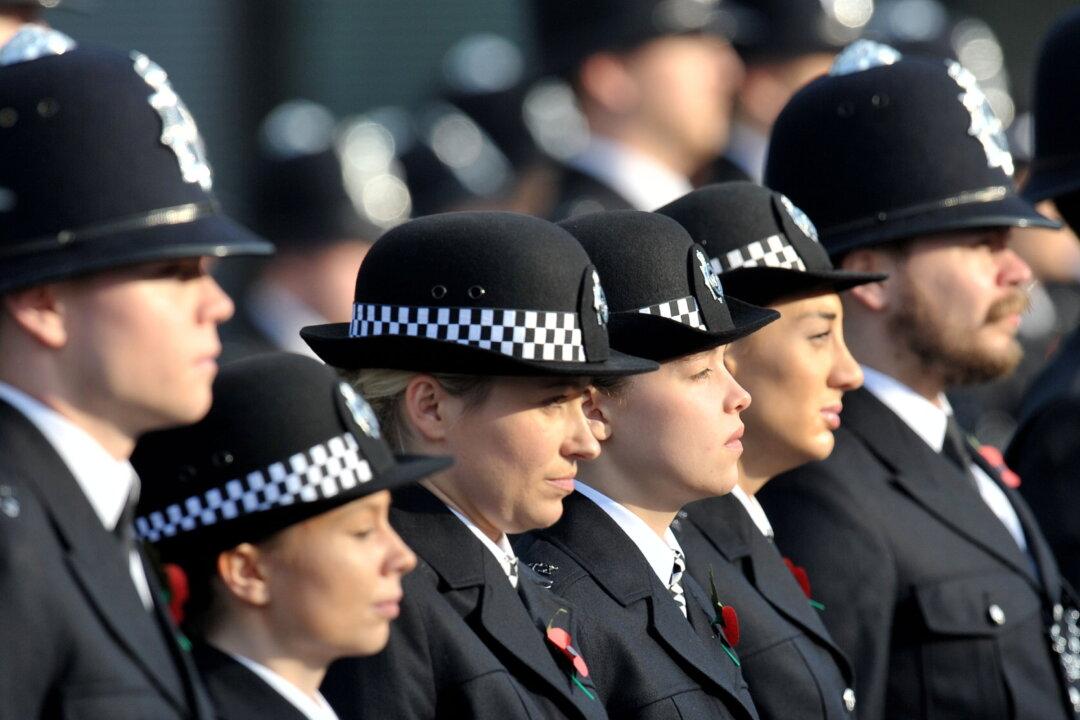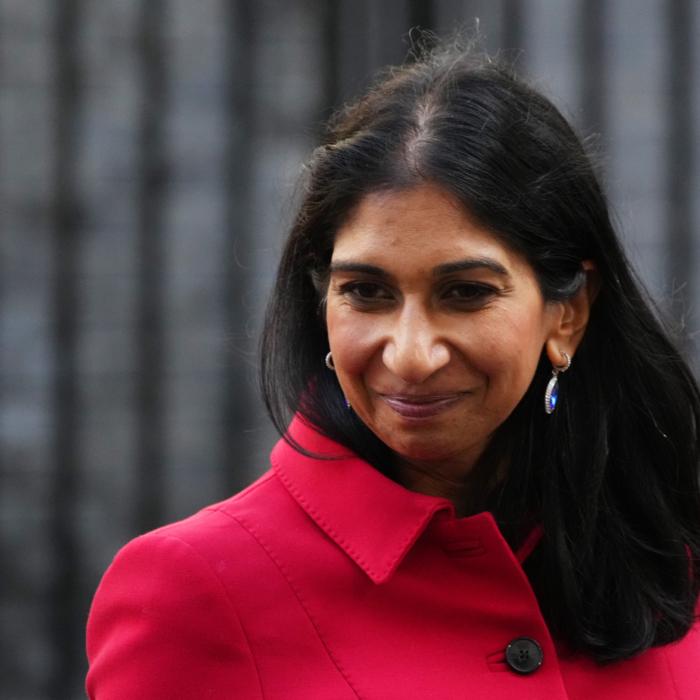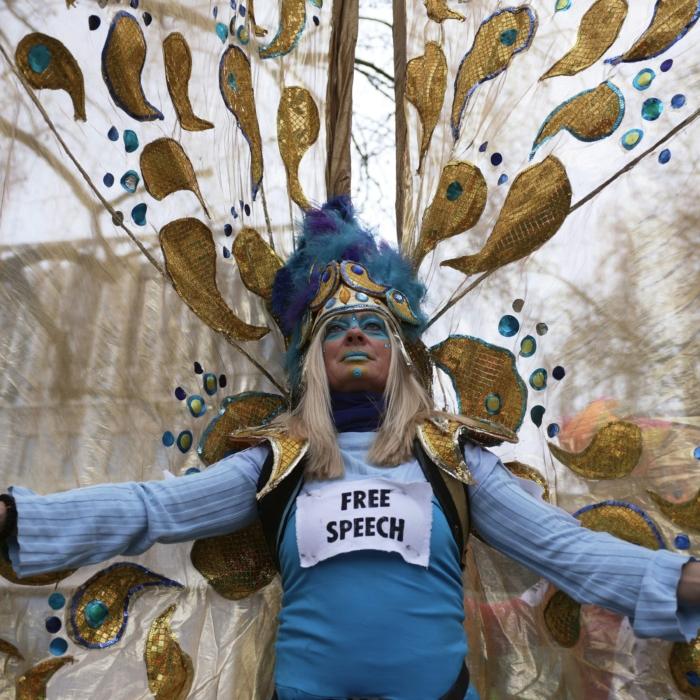A review of 120 sample cases of so-called “Non-Crime Hate Incidents” (NCHIs) and hate crimes found that a quarter should not have been recorded by the police at all.
Examples included an incident when a man reported members of the public for giving him “funny looks,” which he claimed were down to his ethnic appearance. This resulted in the recording of an NCHI, with a police officer appearing to take it seriously. Another case involved a man reporting a cashier for being “racist” for carrying out money-laundering checks as he was trying to deposit a significant amount of cash.
Officers are often taking action that “may appear to contradict common sense,” and the current culture in the force appears to be, “if in doubt, record a crime,” according to Andy Cooke, His Majesty’s chief inspector of constabulary, who authored the report.
Former Conservative Home Secretary Suella Braverman commissioned the report into “activism and impartiality” in policing in September 2023, following a number of stories in the media about apparent police overreach following social media disputes on “politically contested matters.”
‘Contentious, Emotive Issues’
The forward to the report states: “This has been one of the most challenging inspections we have carried out. It deals with complex legislation and regulations. It deals with policing’s sometimes invidious role in keeping the peace, meeting the needs of individuals or groups who have opposing views and simultaneously upholding everyone’s rights. And it involves contentious, emotive issues.”The inspectors reviewed more than 4,000 documents and held interviews and focus groups with over 400 officers, staff and members of other organisations. They examined the records of 120 so-called “non-crime hate incidents,” where no crime is judged to have been committed but a record is kept.
The team also surveyed the police and the public—receiving more than 4,000 responses—and analysed over 857,000 police social media posts.
The aim was to analyse the police’s policies, processes and decision-making as well as how officers are trained to deal with the NCHIs.
The inspection also sought to uncover how the police communicate with the public and whether there are any “systemic problems” that interfere with the force’s impartiality.
Cooper Plans to Restore Use of NCHIs
In spite of this, the recording of NCHIs has risen in the past year, with the present home secretary Yvette Cooper announcing plans to restore requirements for police to record such incidents, because she said the updated guidance is preventing police from monitoring threats to Jewish and Muslim communities in the wake of the war in Gaza.The report concluded there is significant inconsistency in how NCHIs are recorded across the 43 police forces in England and Wales, with some forces seemingly struggling to distinguish between hate crime and NCHIs.
The report through up a case where, because of the “public sector equality duty,” police chiefs had an obligation to consider whether an officer who claimed to be gender-fluid should be given multiple warrant cards and policies that would have allowed them to search a member of the opposite sex.
It found that, due to the 2010 Equality Act and the case law that has sprung from it, characteristics such as veganism have become “protected,” requiring their own separate support groups for people who report that they have been discriminated against or abused on the basis of their chosen lifestyle.
The report was critical of police forces for providing “inconsistent and sometimes unclear” guidance as to whether staff could wear lanyards, badges and flags on contested political issues, and recommended that chief constables should provide clear direction to their workforces by the end of March next year.
It said the use of symbols such as a poppy or a rainbow lanyard “risks misrepresentation” and that “while one person may see a badge as a sign of support for a particular group or cause, another may see it as a sign that the wearer isn’t impartial.”
Cooke said his report showed that officers were too often involving themselves in disputes that were not police matters.
He said: “The police are not the thought police. I have given some examples of non-hate crime incidents in my report that police should not be getting involved with. It’s common sense.
“The police are operating in a very difficult scenario where decisions are being made against a complex and quickly changing environment, where politically contested issues are changing quite frequently.”







